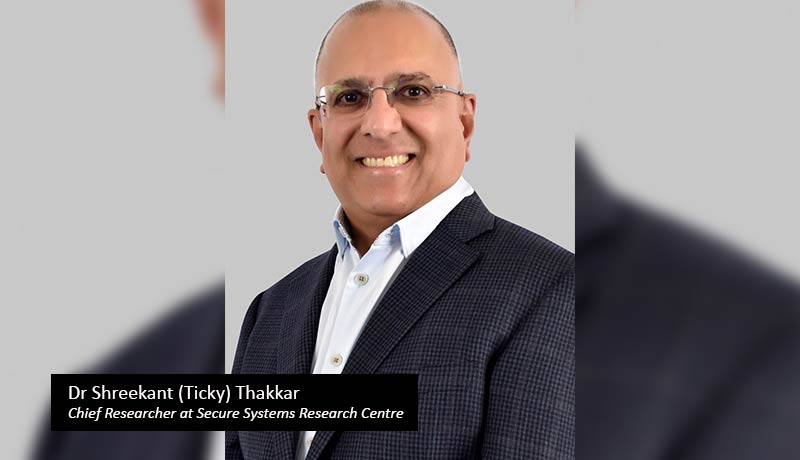
Technology Innovation Institute (TII), the applied research pillar of Abu Dhabi’s Advanced Technology Research Council (ATRC), announced that its Secure Systems Research Centre (SSRC) has partnered with five prestigious universities on developing a RISC-V-Based Secure Flight Computer System project.
The five universities include UAE’s Khalifa University of Science and Technology, a world-class research institution that nurtures critical thinkers in applied science and engineering; University of Modena and Reggio Emilia, located in Modena and Reggio Emilia, Emilia-Romagna, Italy; University of Bologna, a research university in Bologna, Italy, which is one of the oldest universities in the country; and two Canadian public research institutions, University of Waterloo, in Waterloo, Ontario; and McMaster University, in Hamilton, Ontario. In addition to the renowned academic institutions on the project, there is a work package to add virtualisation capability which will be performed by a researcher from Portugal’s University of Minho.
Technology Innovation Institute (TII) is the dedicated ‘applied research’ pillar of Advanced Technology Research Council (ATRC). TII is a pioneering global research and development centre that focuses on applied research and new-age technology capabilities.
Secure Systems Research Centre (SSRC) – at Technology Innovation Institute (TII) – is a global centre of excellence developing end-to-end security and resilience innovations to protect cyber-physical and autonomous systems. These developments aim to reduce security vulnerabilities and threats in a global community dependent on billions of physical and digital points of contact.
The goal of the project is to develop an open RISC-V-based System on a Chip (SoC) architecture and software stack for adoption on secure application processors for drone flight computer applications to innovate in processor and platform design while co-optimising security, resilience, power efficiency and real-time performance.
Commenting on the announcement ,Dr Shreekant (Ticky) Thakkar, Chief Researcher at SSRC, said: “SSRC develops and applies innovative security technologies to protect potentially vulnerable systems in our increasingly connected world, where cyber threat levels are rising by the day. Through our collaboration with our international partners, we target one order of magnitude improvements in performance and efficiency with respect to current flight computer systems based on commercial solutions, while delivering the reliability and security requirements needed by flight computer systems applications.”
Dr Thakkar explained that the scope of work covered under the collaboration with McMaster, Waterloo and the researcher from University of Minho brings two complementary pieces to the so-called explorative path of the main project. The work will accordingly cover delivery of enhanced hardware-software co-design features for unprecedented resource isolation, management and monitoring, and delivery of hypervisor capabilities enabling multi-OS solutions, and which dramatically enhances software modularity and flexibility.
Under the partnership with Khalifa University, themain contribution of the prestigiousUAE university will be to deliver the physical implementation of the system on chip work package.The goal of this work package is to accomplish all the physical implementation and prototyping process starting from the Register Transfer Language (RTL) design through Synthesis, Place &Route, signoff (Timing, Power analysis, Design Rules Check (DRC)/ Layout vs. Schematic (LVS) and power aware verification. This work package will also be managing packaging, tape-out and testing activities and will be done in close collaboration with The University of Bologna.
One of seven initial dedicated research centres at TII, SSRC was established to create a global centre of excellence in the development of end-to-end security and resilience to protect cyber-physical and autonomous systems. SSRC has recently become a strategic member of RISC-V International, a Switzerland-based global nonprofit promoting an open standard that facilitates collaboration and innovation in computer chip technology. RISC-V’s open and free-of-charge Instruction Set Architecture, or ISA, will allow SSRC to design computer chips independently. SSRC has sponsored the April 14thRISC-V International Security Forum event where the goals of the RISC-V-Based Secure Flight Computer System project were detailed.
